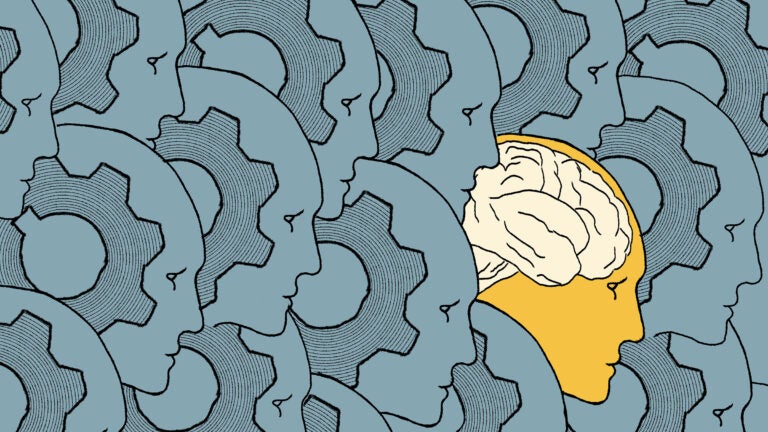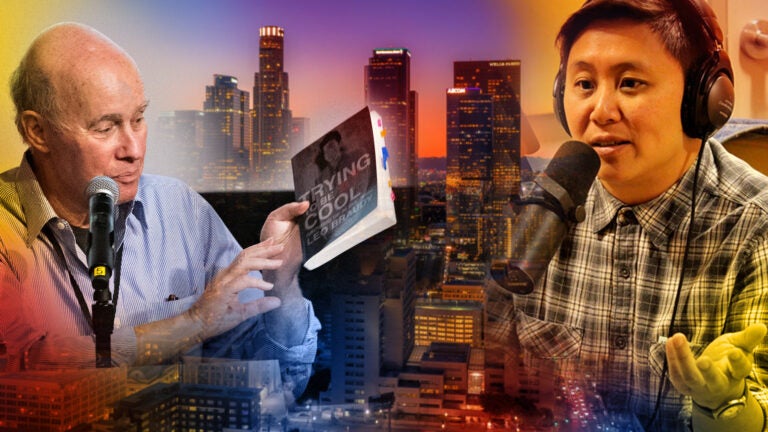
The Academy in the Public Square
Our Doors Are Open
The world needs new ways of thinking about complex problems. Yet, the unmatched potential for university researchers to generate solutions is often overlooked.
The Academy in the Public Square initiative encourages engagement between USC Dornsife faculty and communities beyond our institution. We’re swinging open our doors — becoming the go-to source for expertise. We’re offering new ways of thinking about complex issues affecting people and communities today. We’re communicating scholarship in ways that non-experts can actually understand. And, working with leaders across the public and private sectors, we are emphasizing the enormous value of research universities as society’s most productive and prolific driver of innovation.
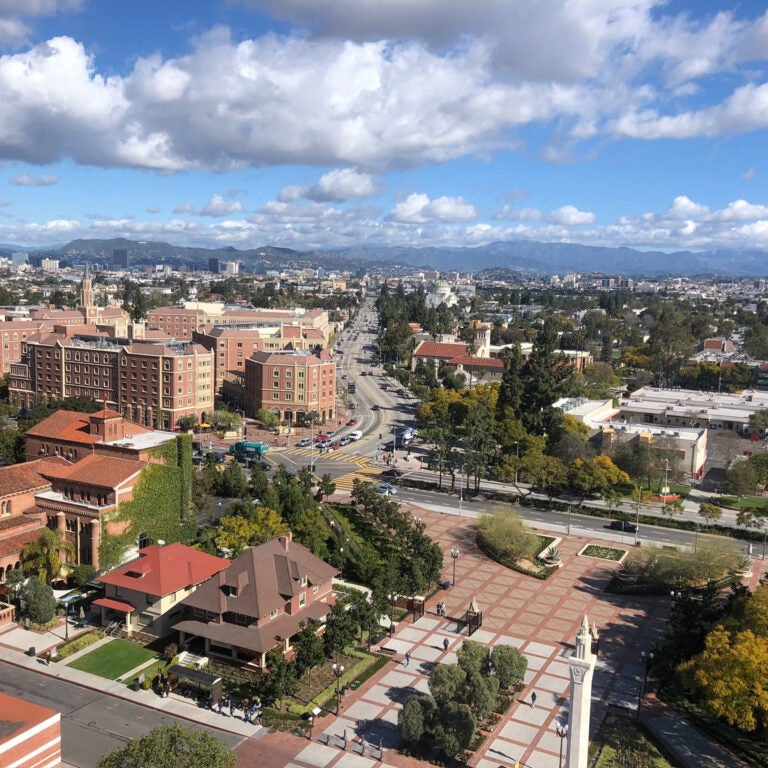

Public Exchange
If your organization had a dedicated research arm with experts in just about any subject you could imagine, what problems would you be able to solve?
As the centerpiece of the Academy in the Public Square, Public Exchange amplifies social impact by making academic expertise more easily accessible than ever before. The first-of-its-kind hub connects leaders in the public and private sectors with the right team of USC researchers and streamlines the collaborative process, providing project management from start to finish.
Shaping the Conversation
USC Dornsife experts provide insights that shape and expand public discourse on complex issues of the day.
USC Dornsife Research in the News
$1M FireAid grant boosts USC Dornsife researchers’ wildfire soil testing program
The new funding will expand USC Dornsife’s soil testing campaign in the aftermath of the Los Angeles wildfires — screening for a wider range of contaminants, speeding up lab results and increasing community outreach.
USC technology may reduce shipping emissions by half
New research shows how a shipboard system using limestone and seawater could cut maritime CO2 emissions by 50%.
What happens next in US-Iran relations will be informed by the two countries’ shared history
Negotiations are possible between the U.S. and Iran, but they will neither be easy nor likely to produce more than limited outcomes.
Wildfires, falling EV interest and transit doubts test L.A. ahead of the 2028 Olympics
The latest USC Dornsife LABarometer survey finds Angelenos grappling with climate stress, doubting transit readiness for the Olympics and losing interest in electric vehicles.
Israel bombed an Iraqi nuclear reactor in 1981 − it pushed program underground and spurred Saddam Hussein’s desire for nukes
Nonproliferation experts believe Iraq’s nuclear program went underground after Israel destroyed its reactor just outside Baghdad.
Scientists code Milky Way twin galaxies to better understand dark matter
USC researchers led the development of a computer simulation that gives astrophysicists a mechanism for testing ideas about dark matter and its behavior in the Milky Way and other galaxies.
Brain cell discovery may explain excessive hunger
Researchers identify “meal memory” neurons in laboratory rats that could explain why forgetting lunch leads to overeating.
Experts examine future of art education, research and policy at USC symposium
The event, hosted by the Center for Music, Brain and Society at the USC Dornsife College of Letters, Arts and Sciences, was part of the Los Angeles County Arts and Health Week.
Politics based on grievance has a long and violent history in America
The prevailing politics of resentment echo the colonial period in the US, a time when grievances ignited anger and violence.
Lighting a new way to predict earthquakes
New laboratory earthquake model links real contact area to earthquake dynamics, opening a new pathway for earthquake prediction and early warning systems.
USC Dornsife study reveals how protein droplets help cells master difficult DNA repair
Research uncovers a mechanism that protects the genome by avoiding catastrophic errors when repairing breaks in tightly packed DNA, a finding with implications for cancer and aging.
Why forests aren’t coming back after gold mining in the Amazon
While gold mining’s environmental toll is well known, a team led by USC Dornsife researchers has uncovered a hidden culprit behind the Amazon rainforest’s slow recovery: water loss caused by reshaped terrain.
USC launches $12 million Institute on Ethics & Trust in Computing
The institute, supported by funds from the Lord Foundation of California, is the next step in the university’s effort to enhance research and education under the Frontiers of Computing “moonshot.”
Dornsife Dialogues
Check out our series of stimulating online forums in which leading experts and distinguished alumni from USC Dornsife share new perspectives and research-based findings on timely topics. Now available in podcast form!
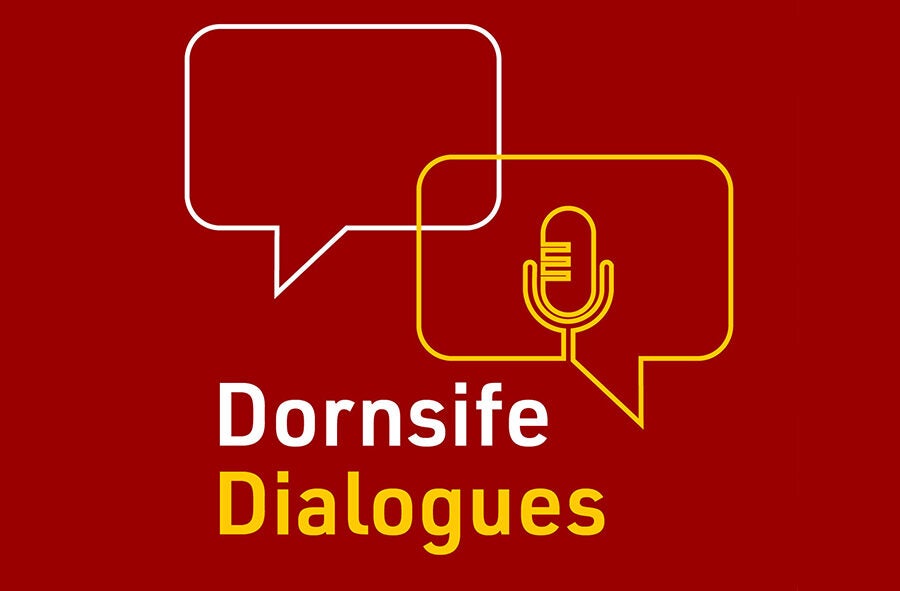
Complex Insights into Identity
USC Dornsife’s Viet Thanh Nguyen, the Pulitzer-winning author of The Sympathizer, contributes frequently to the public discourse about American culture — including pieces for The Atlantic, Time, The New York Times, and more. With his bestselling novel recently adapted into an HBO series, whole new audiences are engaging with his distinct voice.
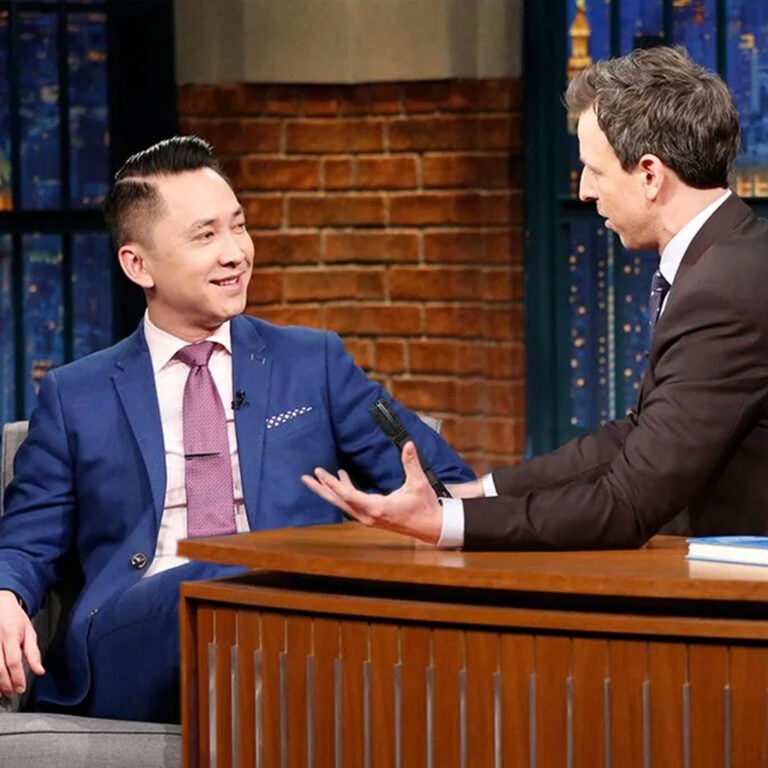
The MacArthur Fellow Shaping the Public Discourse
In any given year, Natalia Molina can be seen in dozens of national media outlets making her expertise accessible to a wide audience. The Distinguished Professor of American Studies and Ethnicity and Dean’s Professor of American Study and Ethnicity’s expertise explores current issues affecting communities representing many different backgrounds.
Molina’s work has earned her a MacArthur “genius” grant in 2020. The Los Angeles Times called her recent book, A Place at the Nayarit: How a Mexican Restaurant Nourished a Community — which chronicles how immigrant workers shaped the neighborhood of Echo Park — an “essential Los Angeles book.” She was also part of the L.A. Civic Memory Working Group, a group convened by the mayor of Los Angeles’s mayor to make recommendations on how to preserve the city’s history.
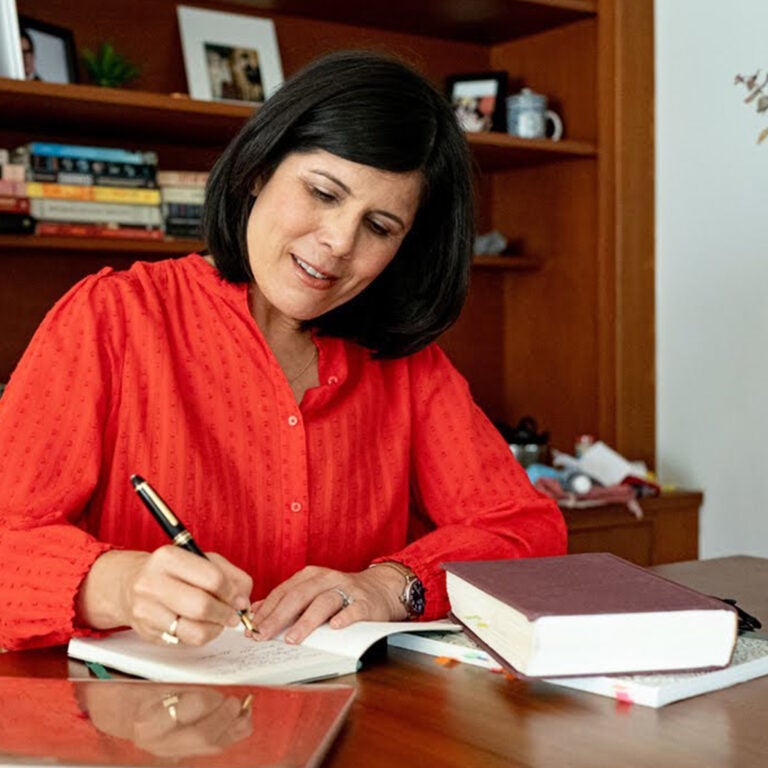
Sought-Out Source
Ian Anderson, who recently earned his doctorate in psychology, explains how to navigate information on social media in published news articles and as a speaker at the Nobel Prize Summit. It’s work that earned him a USC Dornsife Communicator of the Year award.
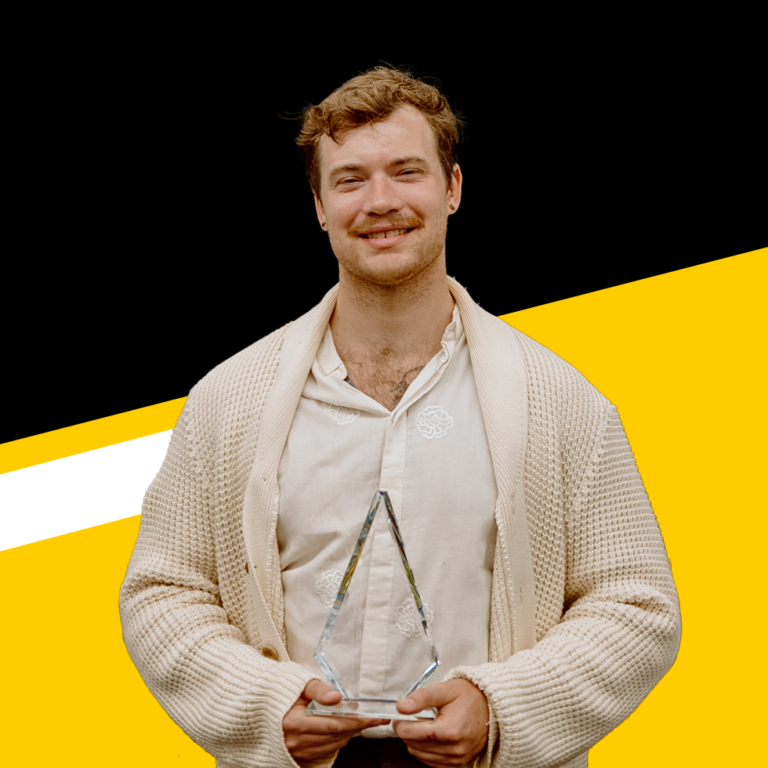
Contact Us
USC Dornsife Office of Communication
1150 S. Olive St, 24th Floor
Los Angeles, CA 90015
Phone: (213) 821-6797
Fax: (213) 821-6057
communication@dornsife.usc.edu












